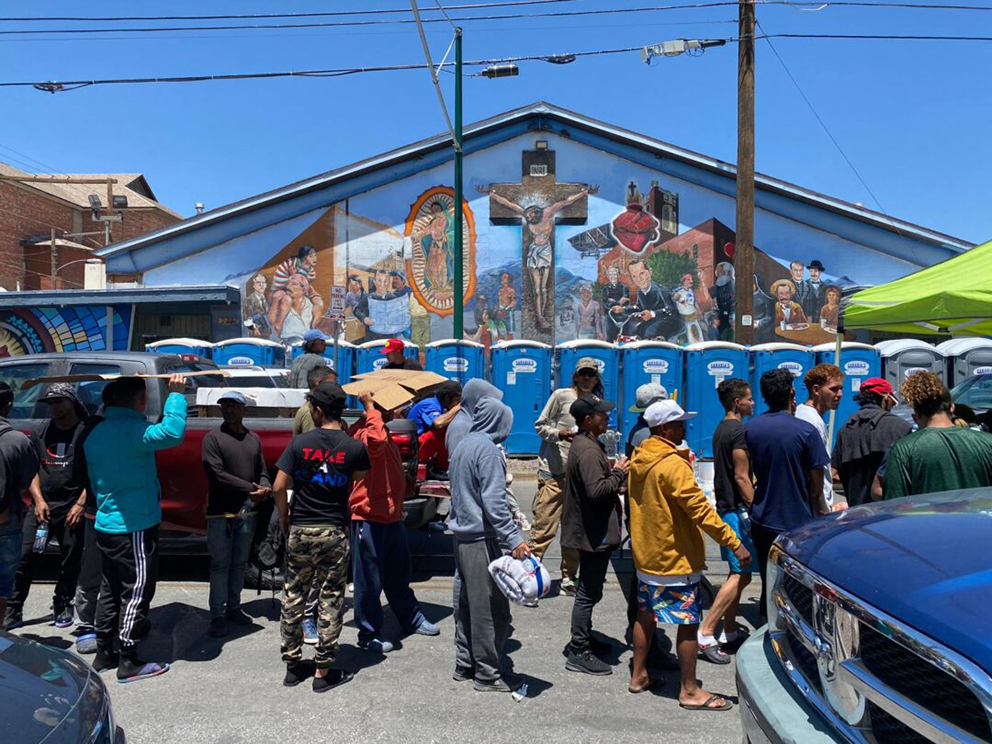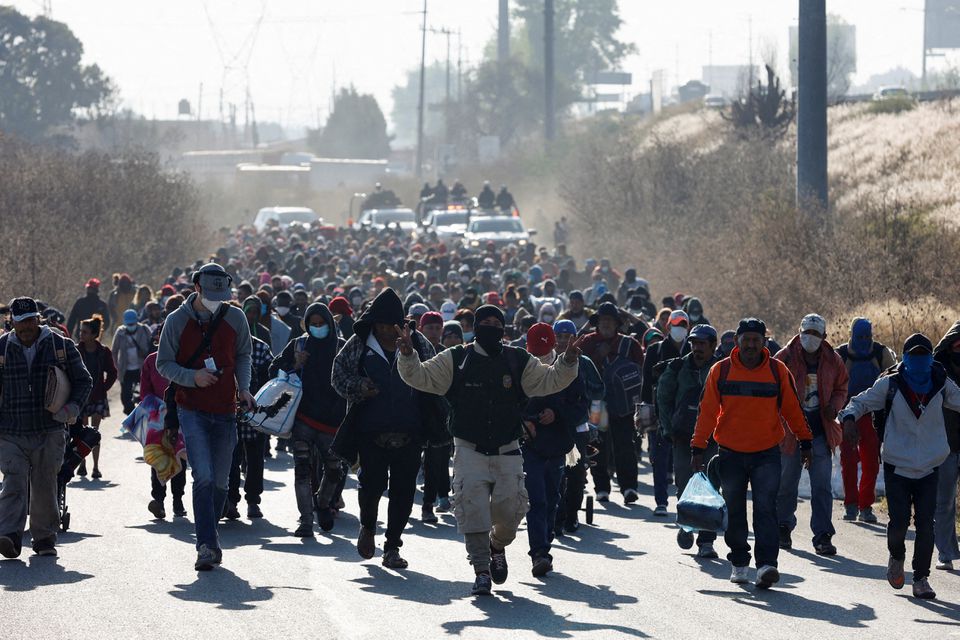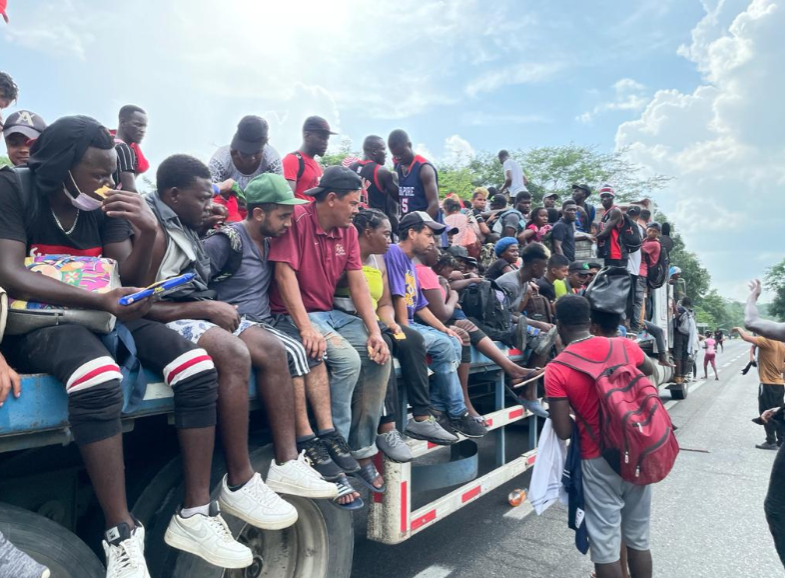Haitian Migrants Forcibly Enter COMAR in Chiapas
For the third time in seven days migrants have once again forced their way into the COMAR offices in Tapachula, Chiapas, to demand that their applications for asylum be processed. It is worth noting that this office deals with over 50% of all asylum requests made in Mexico, now the biggest migration channel in the world.




